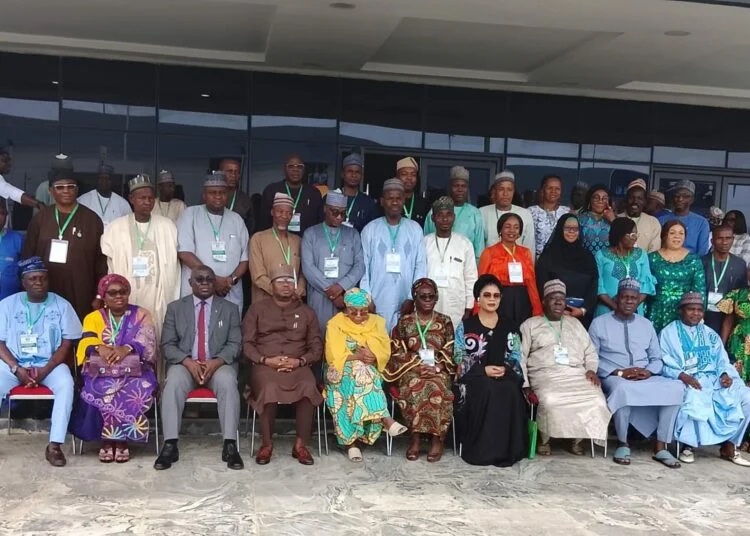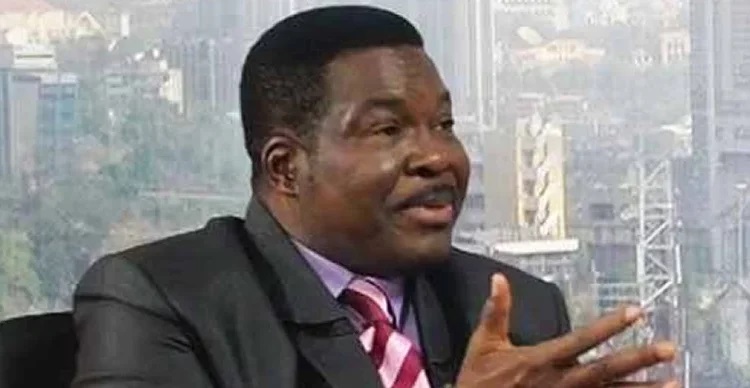Nigeria’s Universal Basic Education Commission (UBEC) has significantly increased funding for quality assurance efforts, allocating 5 per cent of state education grants to the initiative—more than doubling the previous 2 per cent.
The announcement came during a training event held in Abuja on Wednesday, where UBEC’s Executive Secretary, Dr Aisha Garba, addressed top education officials responsible for oversight and evaluation from all Nigerian states.
According to Dr Garba, the increased funding reflects a strategic policy shift to prioritise accountability and efficiency within the education sector. “This step is part of our effort to ensure that financial investment in education translates into tangible learning outcomes,” she said.
As part of broader reforms, the Commission introduced a revised planning tool, the Basic Education Action Plan (BEAP) template, intended to streamline monitoring and evaluation processes and align them with national and international goals.
“This training is more than procedural. It is an opportunity to build capacity, foster collaboration, and recalibrate our efforts in line with emerging standards in education,” Garba told participants.
UBEC’s Deputy Executive Secretary (Technical), Mr Rasaq Akinyemi, said the new measures aim to empower educators and administrators to deliver measurable improvements. “With the right tools and training, we can address structural weaknesses in our system and boost learning quality across the board.”
The Commission’s Director of Quality Assurance, Mrs Ada Ogwuche, echoed this sentiment, calling for a shift in perspective. “Quality assurance isn’t a box-ticking exercise. It’s an ongoing internal commitment to excellence,” she said, stressing the need for a culture of consistent self-evaluation and growth.
Representing state-level voices, Mr Dele Owolabi, Director of Quality Assurance at Ekiti SUBEB, encouraged stakeholders to actively participate in the reforms. “This gathering is not only about improving knowledge—it’s about transforming our education system into one that empowers learners and drives national progress.”
The increased investment in quality assurance is the latest in a series of policy steps aimed at revitalising Nigeria’s basic education sector, which has long faced challenges in access, equity, and performance.





